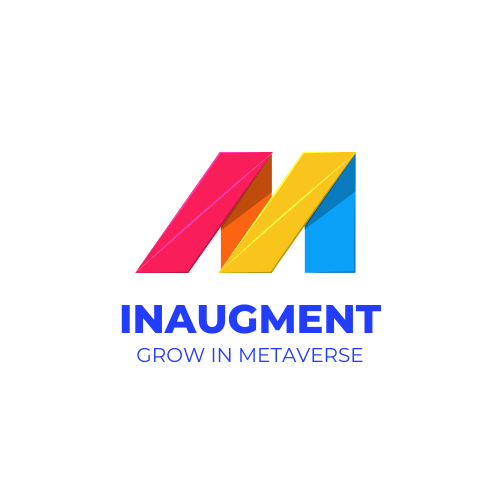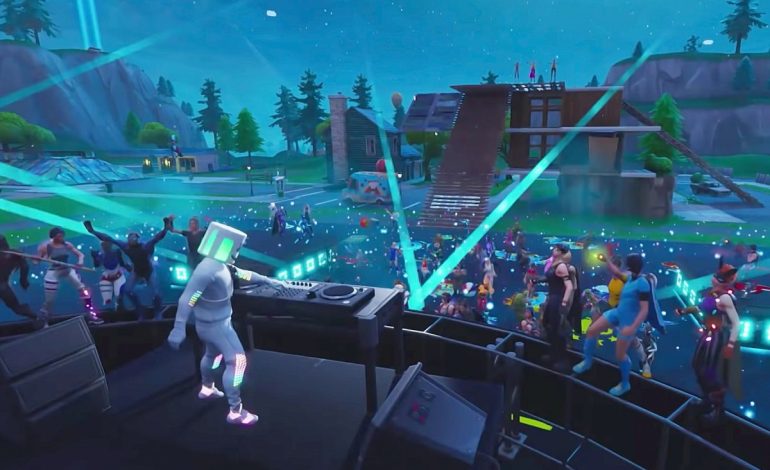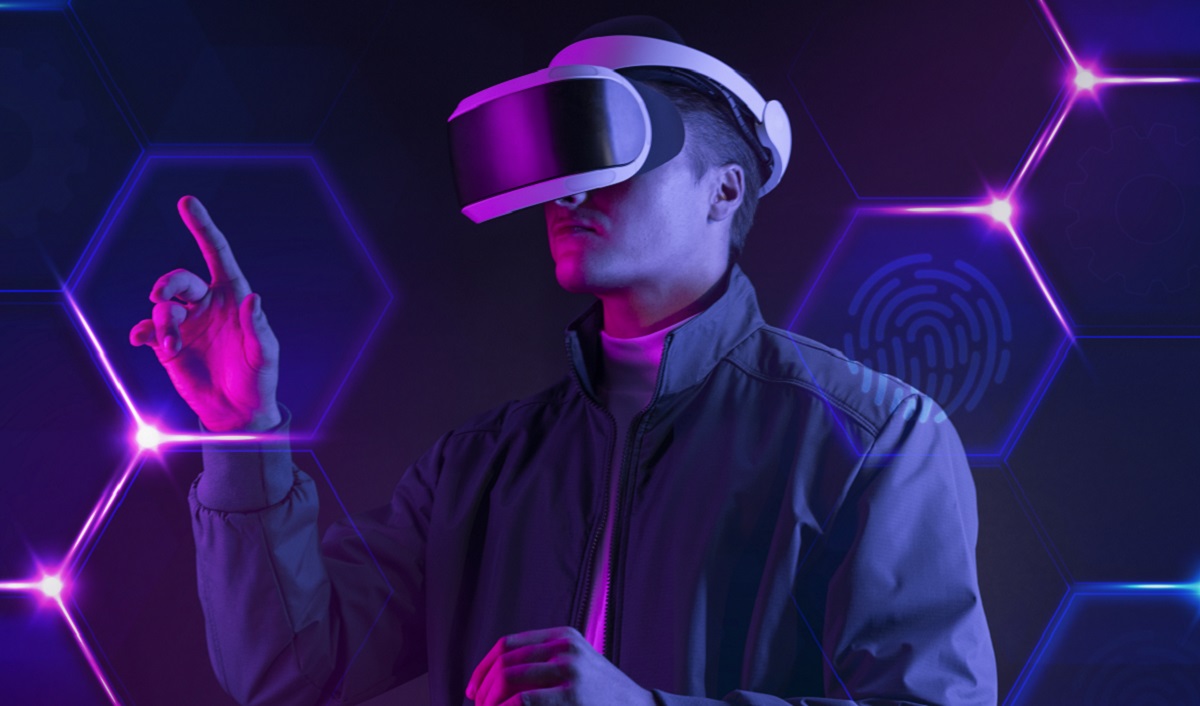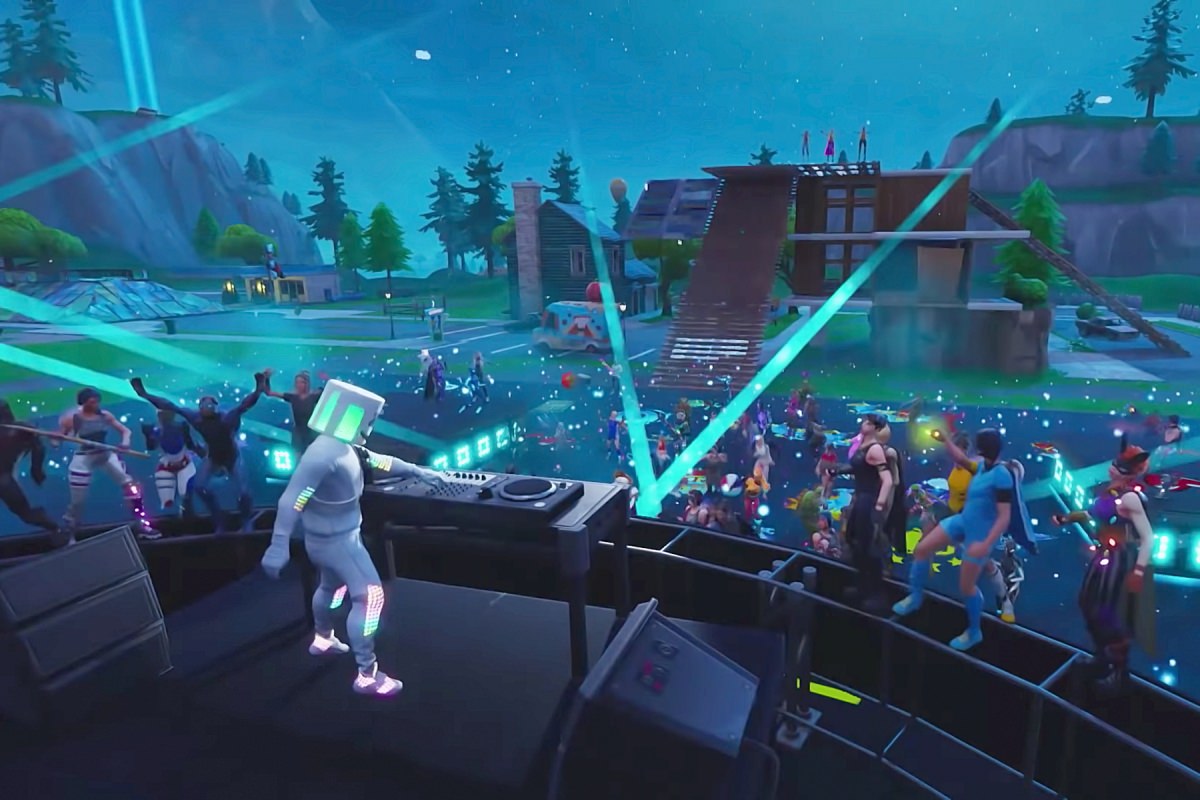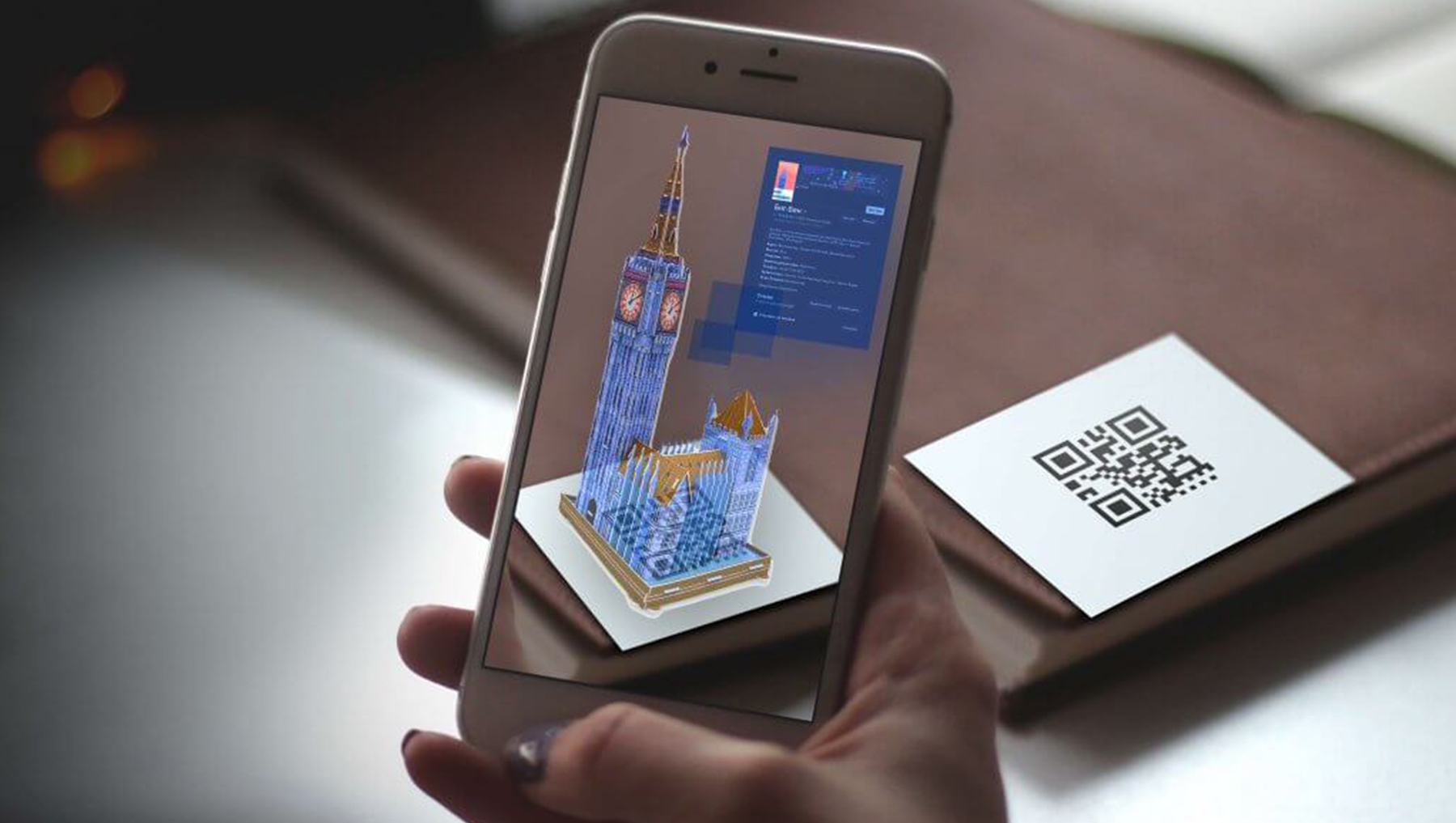Is the Metaverse the Future of the Internet?
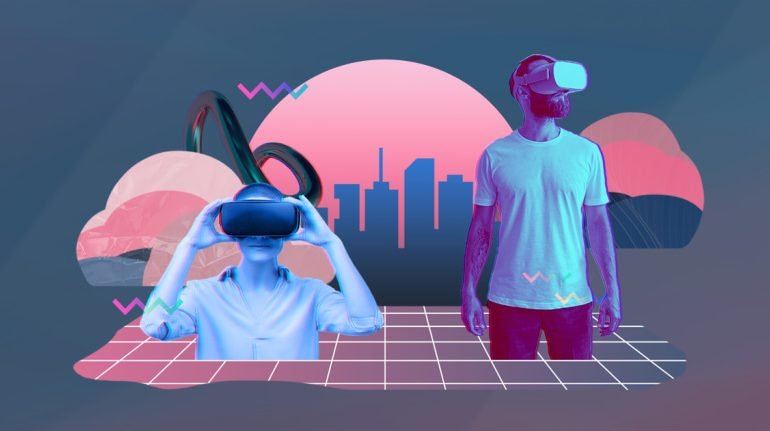
It is a term that typically describes the concept of a future iteration of the internet made up of persistent, shared, 3D virtual spaces linked into a perceived virtual universe. What if you could turn the real world into a game? The Augmented Reality Metaverse allows you to walk down the street and be informed about where you’re going, what deals are available nearby.
And how to get there faster all with the help of your own personal digital assistant that’s constantly enhancing your real-world experiences with digital real estate sandbox information and sensory input. This new way of experiencing the world is known as the Metaverse, and it’s just around the corner in augmented reality gaming! Here’s how it works. The metaverse is often broken into four major components:
Augmented Reality
An interactive experience of a real-world environment where the objects that reside in the real world are enhanced by computer-generated perceptual information, sometimes across multiple sensory modalities including visual, auditory, haptic, somatosensory, and olfactory.
LifeLog
Lifelogging is the capture, storage, and distribution of everyday experiences and information for objects and people. This practice can serve as a way of providing useful historical and current status information, sharing unusual moments, or serving as a backup memory, guaranteeing that what a person sees or hears will remain available for later examination.
Mirror World
A mirror world is a representation of the real world in digital form. It attempts to map real-world structures in a geographically accurate way.
Virtual World
A computer-simulated environment that may be populated by many users who can create a personal avatar, explore, participate in activities, and communicate with others.
How will we create high-quality content?
Creators like Valve and Google are still figuring out how to create high-quality content. We don’t yet know what user-generated content will look like in a world without limits, or what tools we’ll need to make it on our own, but we do know that there will be massive amounts of it.
If you want to live in a digital landscape that rivals reality for its beauty and engagement, you can help build it by creating compelling content for current virtual worlds. Once virtual reality becomes fully immersive, your work will be indistinguishable from magic. It may well define culture as we come to understand it.
Innovators like Chris Milk have been working on technology (through startup Virtual Reality Company) that can deliver personal, emotionally intense experiences like an intimate concert in space or walking across the moon in VR through custom cameras and capture equipment so any footage you shoot could one day become part of larger metaverse projects built using open source software by members of that community around any subject imaginable.
When factoring in companies that manufacture the chips and hardware, which will power and facilitate the various platforms, as well as the networking companies that will supply the bandwidth, the size of the metaverse economy may reach trillions of dollars, according to Bloomberg. As a result, we believe that the metaverse may provide investors with a potentially attractive investment opportunity.
How do we make it affordable?
The final challenge is in making it affordable for users. In order to populate a virtual world, we need to make it cheap for players. Computer graphics are expensive, which means that a metaverse will likely remain too expensive for individual people, even if their home computers could run it. Perhaps one day, people will rent access from servers using supercomputers and pay only for what they use.
Today, though, we’re just not there yet. One possible solution to get around cost: large groups of friends might collaborate on renting space. Say you have twenty friends; together, you can pool your money to create an entire game universe for yourselves where each person pays only a month and everyone gets as much gameplay time as they want each month.
FAQ Most Frequently Ask Question
How Large Is the Metaverse Market?
Bloomberg Intelligence estimates that the market size of the metaverse may reach $800 billion by 2024. However, that figure only estimates the market for the portion of the universe that reaches the end consumer.
How may individuals gain access to the metaverse?
The Fount Metaverse ETF (MTVR) may provide investors with an attractive vehicle to gain exposure to companies that have the potential to capitalize on this emerging platform.
